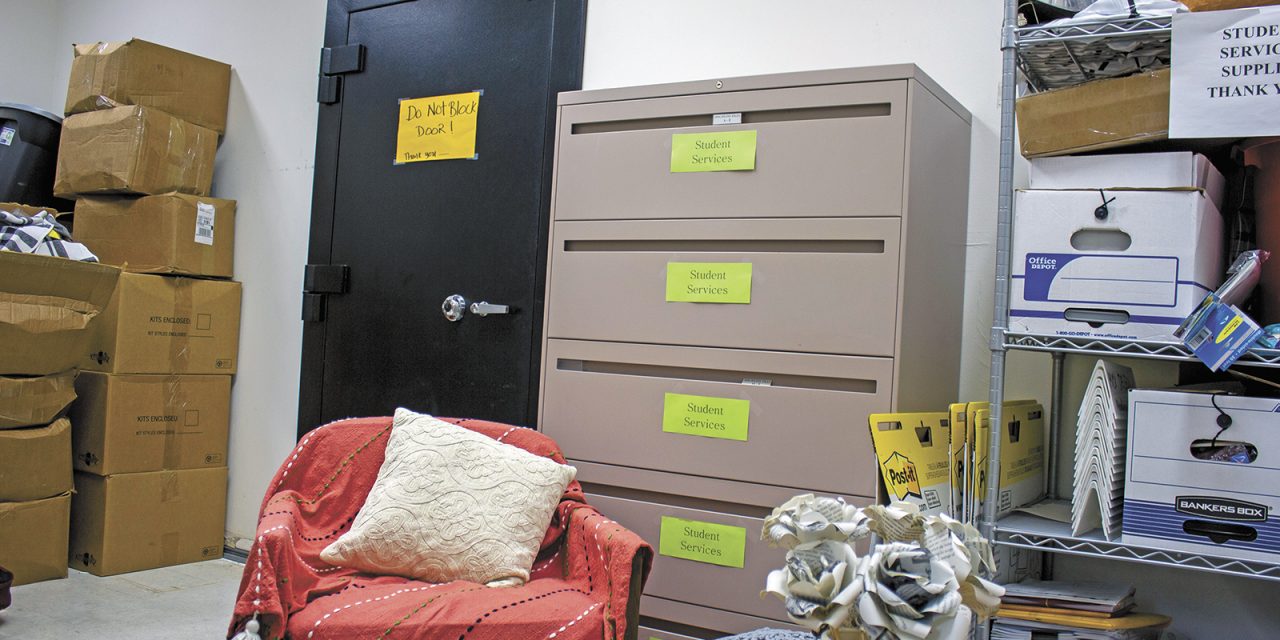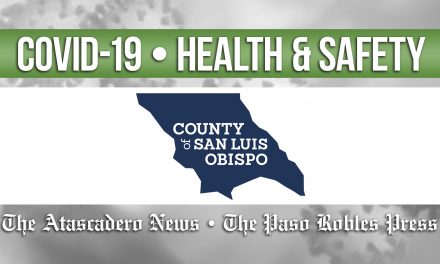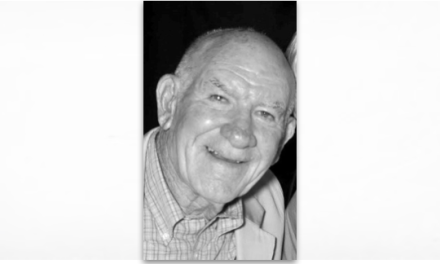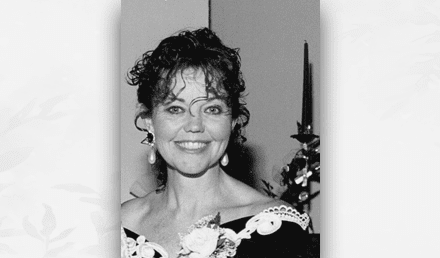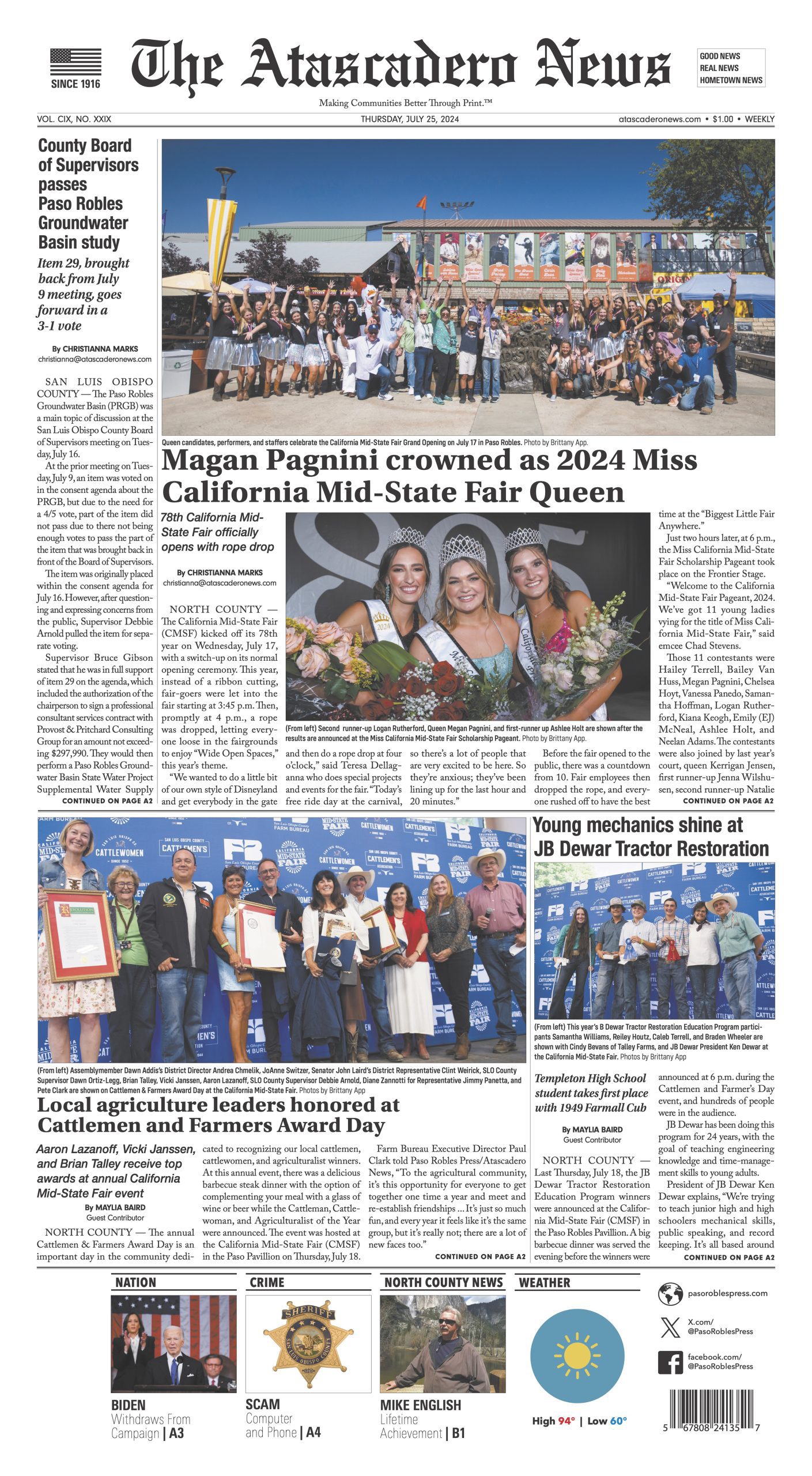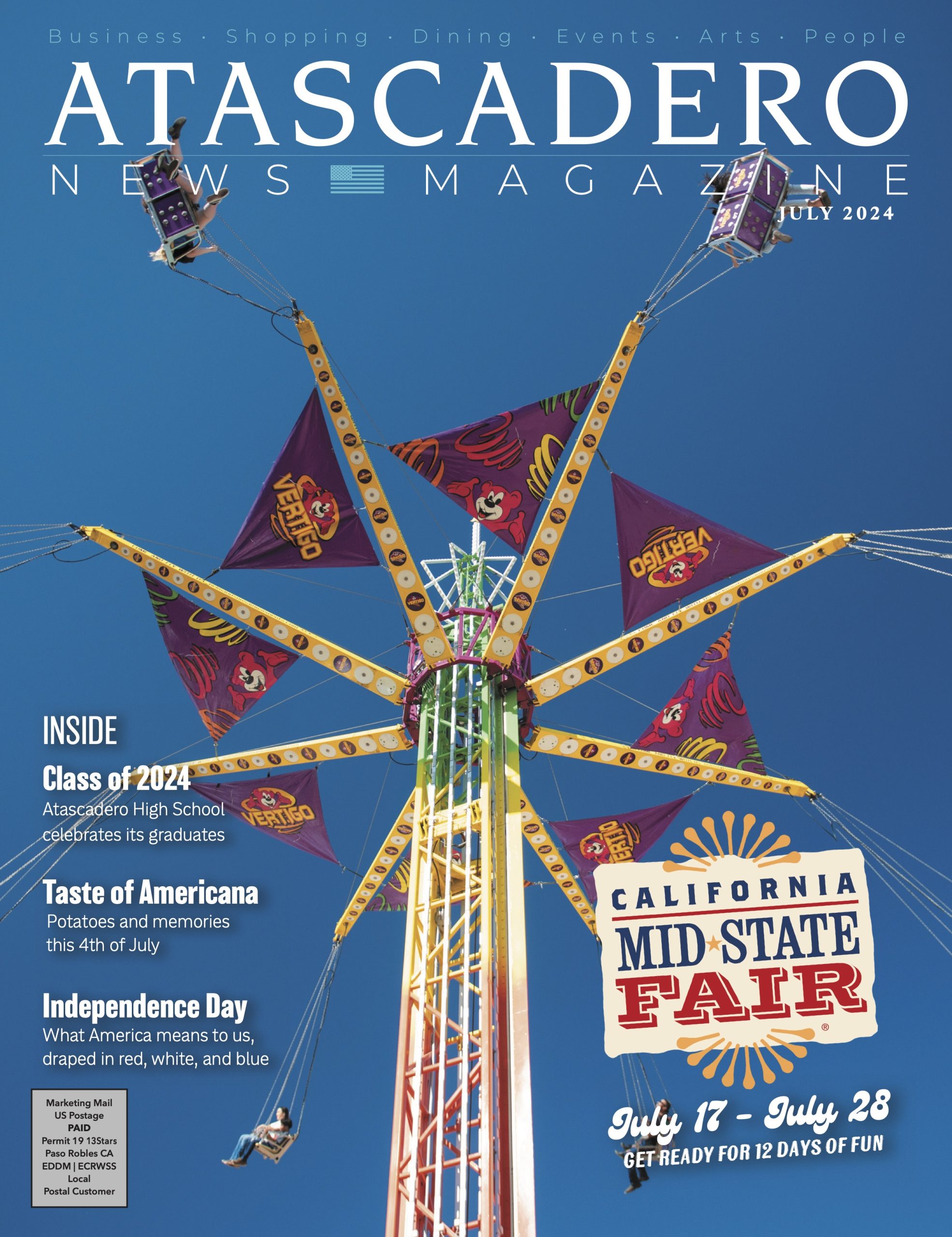Paso Rolbes Joint Unified School District opens safe, private ‘lactation stations’
NORTH COUNTY — The Paso Robles Joint Unified School District recently established lactation stations where women can safely and privately express milk for their children. However, dual immersion scientist teacher, Nicole Vengeochea, says she had to fight tooth and nail when she was trying to pump.
Breastfeeding continues to be a hot topic in both the workplace and public forums. Even California, the state that generally blazes the trail on social issues, has lagged when it comes to mothers expressing milk at work. Protecting mothers’ rights to express became a federal standard with the Affordable Care Act 2010. The law dictated that businesses with 50 or more employees must make a “reasonable effort” to provide time for expressing milk and a place (other than a bathroom) that is free of intrusion. A decade later, the newly activated California law, Senate Bill 142, authored by Scott Weiner, builds off of the ACA requirements by adding more mandatory accommodations and a $1,000 for each time an employer fails to meet the new standards.

“I am from an immigrant family, I’m first-generation American and one of the big giant reasons we came to this country is because you’re allowed to say things and people don’t order you. We have all those laws in place in order to protect us and what’s the point of having these laws if no one is going to follow them?” Vengeochea said.
According to employment law attorney Susan Waag, employers have been required to provide accommodations for lactating mothers for some time now, but SB 142, enacted in January of this year, “expanded on all of that.”
“Employers must now have a written policy… people have to update their handbooks or at least have a memo for all employees and they should really assess their workspaces to make sure they can comply when necessary,” Waag said.
The school district is on board with providing employees and students facilities to express milk with written policies. However, according to Vengeochea, the Paso Robles Joint Unified School District initially failed to make provisions for her to express milk.
From 2018-2019, Vengeochea worked as a dual-language immersion science teacher at the Paso Robles Flamson Middle School. After making arrangements with the school, Vengeochea expressed milk from her classroom. Vengeochea said that on two separate incidents, people entered the room while she was pumping despite the classroom door being locked with a posted sign. The first intrusion occurred when a janitor accompanied by a minor, unlocked the door and entered. The second occurrence happened when a student was given keys to the room to retrieve an item and unlocked the door. Vengeochea said the second time happened even after an e-mail was circulated to the staff explaining the situation.
Vengeochea said that in April 2019 she caught children reaching up with their phones to film and take pictures of her pumping through the broken blinds of her classroom. Vengeochea said that she had repeatedly requested that the school fix the blinds for the sake of privacy.
“The blinds were still broken, so what they did was put construction paper over the windows,” she said.
Vengeochea had requested that the blinds be fixed several times, but Dr. Gene Miller, the principal at the time, failed to file a work order to fix them.
Claiming that Miller created a hostile work environment, Vengeochea requested a transfer to Paso Robles High School. After that request was granted, Vengeochea notified the high school of her need for privacy and safety while pumping. Despite the advanced warning, when Vengeochea arrived at work in August of 2019, none of the requests had been met. She said that it took a week before the area was adequately equipped, which meant five days passed without her employer providing adequate privacy for her to pump.
PRJUSD said the high school now has a place for expressing. The room can be locked from the inside and only lactating mothers, firefighters and school administrators have keys.
Lauri Conrad, a licensed lactation consultant at Twin Cities Community Hospital said that stress could affect a nursing mom’s milk supply.
“Every mom is different, helping her plan and work out how and where they’re going to pump and communicating with her employer before she goes back is super helpful,” Conrad said.
Even the thought of not being able to express enough milk can lead to a diminished supply, Conrad said.
Conrad, who runs a support group for mothers, said producing milk can be a rollercoaster and if a mom’s production drops it can come back. She said the more a mom knows about the process and her rights, the better she can cope with the intimidation of expressing at work or nursing in public. Conrad said that she can see evidence of the statutes helping mothers over the years.
“Knowing that moms have these protective laws, I do think it is empowering for them,” Conrad said.

